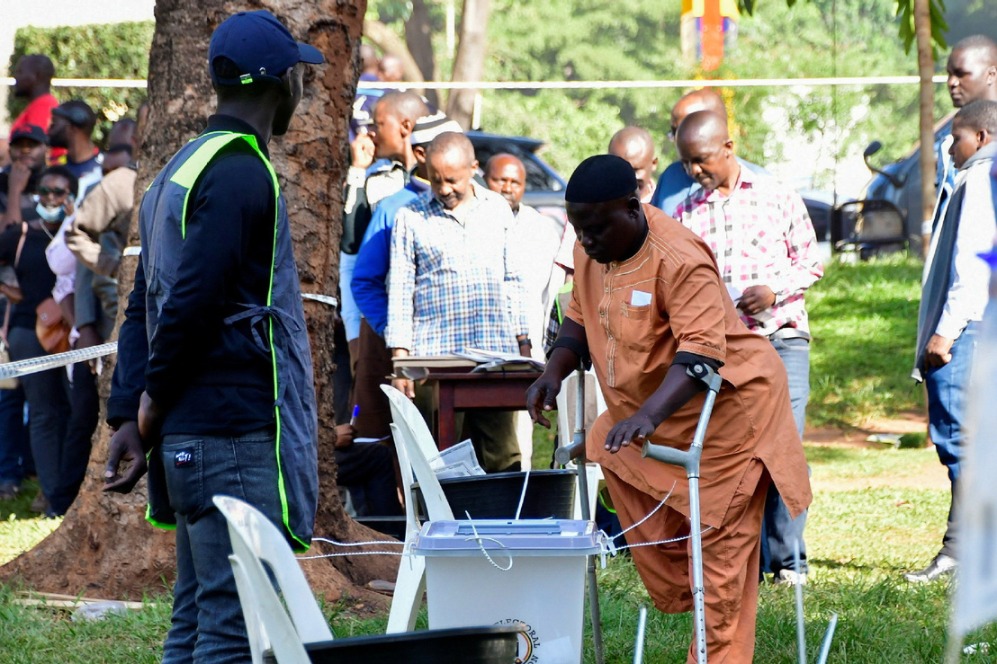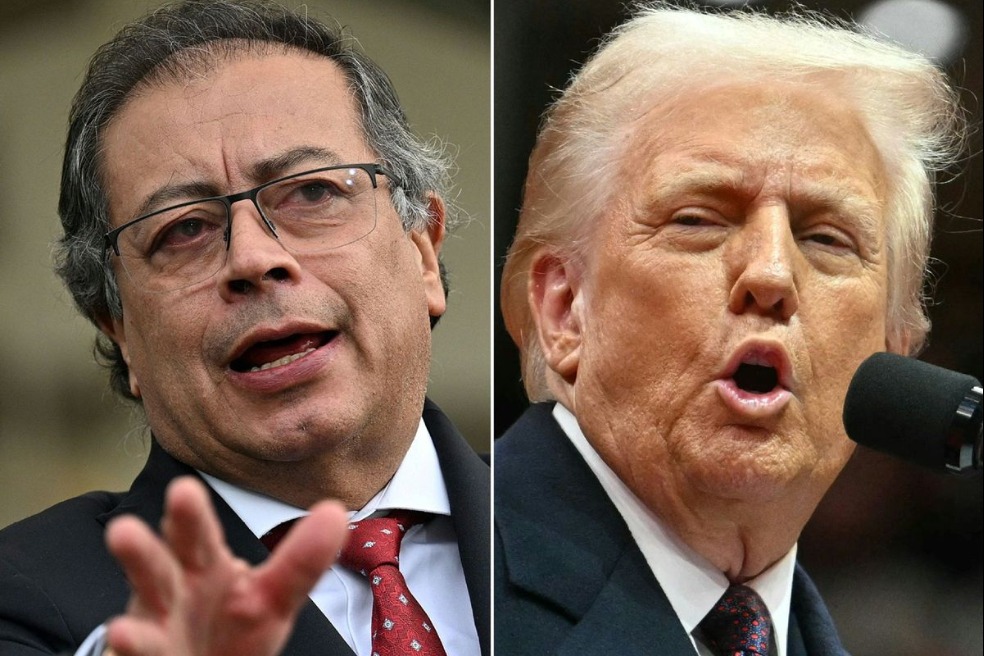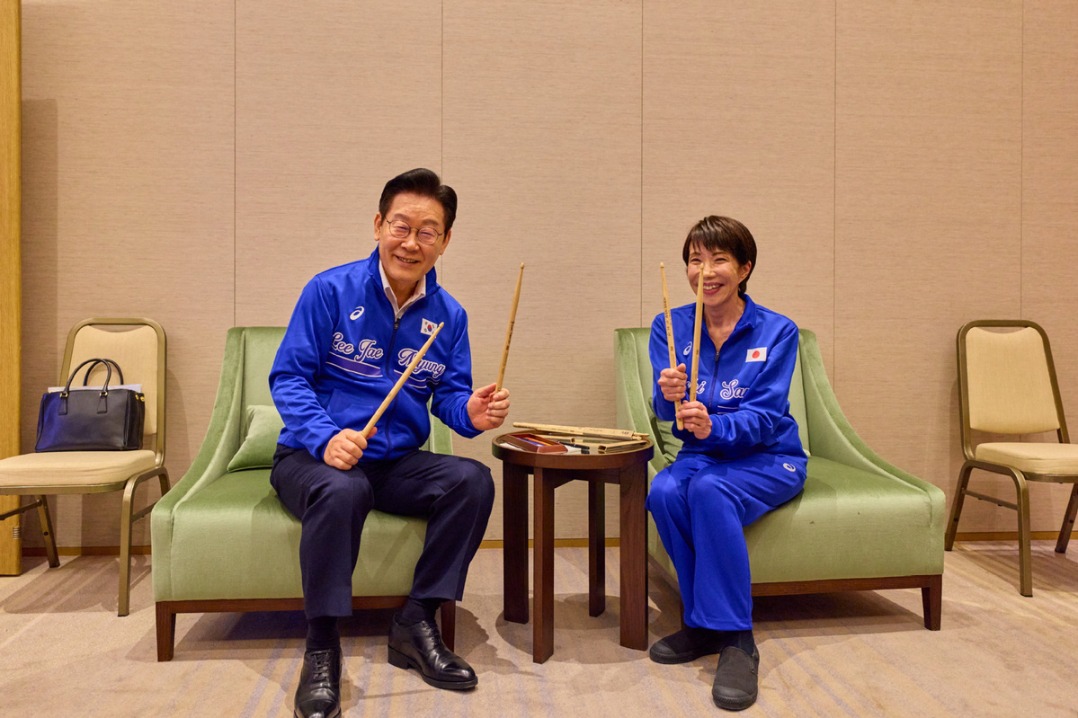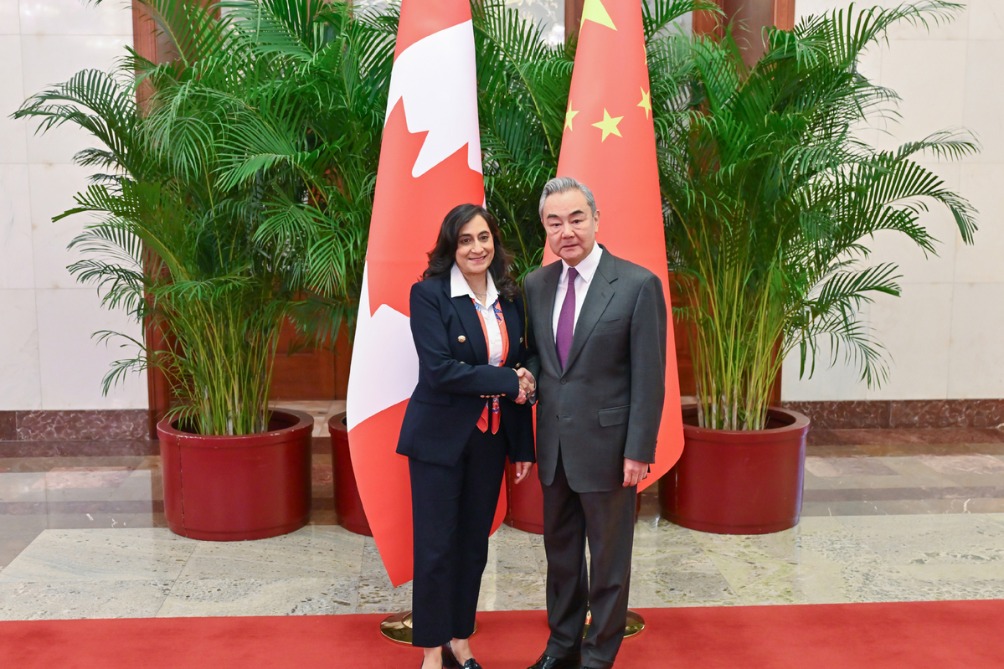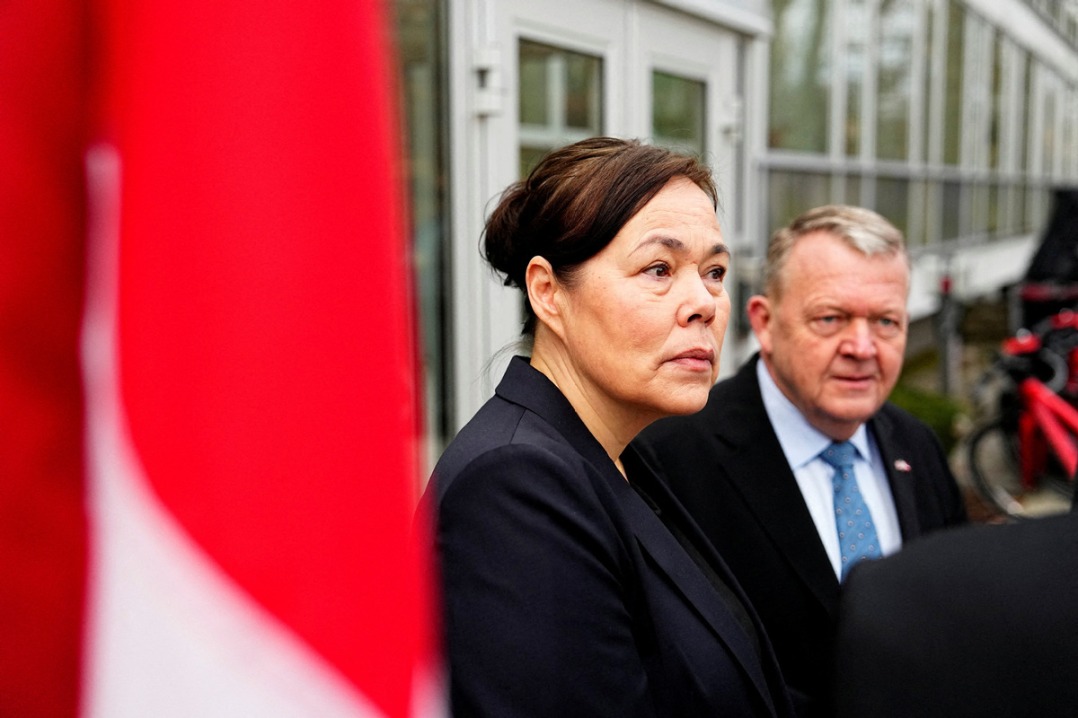Abe's ruling coalition wins upper house election, but suffers constitutional reform setback

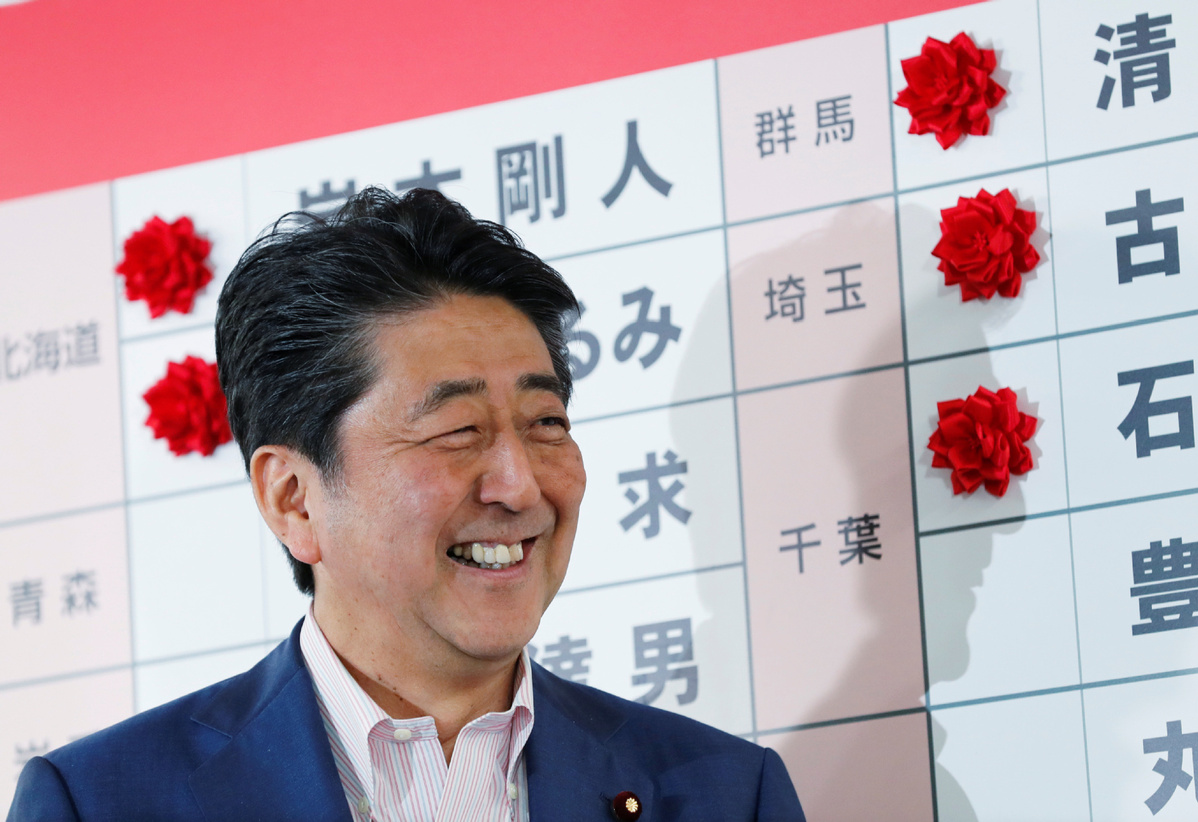
The premier said he had not targeted a two-thirds majority needed to propose constitutional reform, but he hopes to reach a consensus with the opposition camp though parliamentary debate.
"Of course there is no deadline, but I hope to realize the referendum sometime during my term," he added.
When asked about expectations within the LDP that Abe, as party leader, will seek another term beyond his current one ending in 2021, he said he is not considering such an option "at all."
The ruling coalition and the opposition camp are at odds on other key platform issues include hiking the consumption tax and the state's pension system.
During the campaign period, the LDP and its junior coalition partner Komeito said the tax hike is necessary to be used in expanding child-care support as promised. Opposition parties are against the tax increase, saying their focus is on protecting households.
With the population rapidly aging, the pension system was also at the heart of the election.
Opposition parties have been rattled by the government's handling of a pension report that revealed that under the current system, an average retired couple, if they live to be 95 years old, would face a shortfall of 20 million yen ($184,000).
Japan's Finance Minister Taro Aso has said the government refused to accept the report from a panel of experts formed by the Financial Services Agency, which he oversees, as its findings were not in line with the government's position on the pension system, which it believes functions effectively as the basis of finances during post-retirement years for households.
Opposition parties have joined forces by fielding unified candidates in all 32 single-seat districts across the country, hoping to become a viable counterbalance to the ruling coalition.
The results show that the ruling camp won 22 of the single-seat districts, while opposition camps grabbed 10.
Members of the upper house serve six-year terms, with about half the seats up for grabs every three years. Due to electoral reform, the number of seats in the upper house will increase by six to 248 in 2022. Of the six, three were added this time to bring the total seats to 245.
















